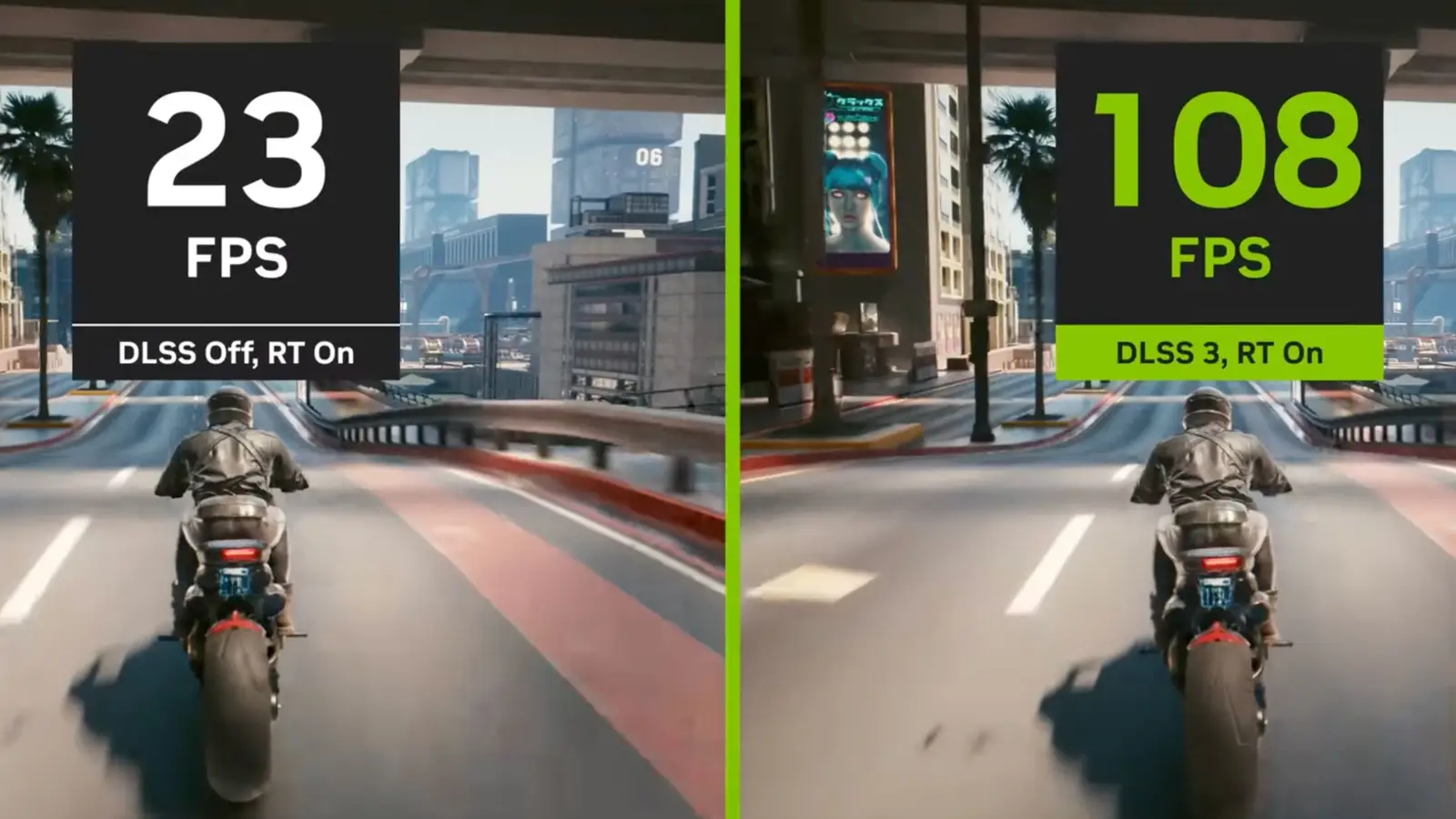Copyright XDA Developers

In recent years, we've seen significant improvements in upscaling and frame generation technologies, such as DLSS, XeSS, and FSR. Not too long ago, most of us would treat them as experimental features that we'd rather avoid unless we were absolutely desperate for more frames. After all, the softness, ghosting, and motion artifacts were hard to ignore, and you'd almost always notice the visual trade-offs the moment you started moving the camera. It used to be so bad that I'd rather game at native resolution with sub-60 FPS than settle for subpar image quality. Fast forward to 2025, and that mindset has completely shifted for most people in the PC gaming space. Nvidia's DLSS 4 Quality preset looks almost as good as native 4K, AMD's FSR 4 is quickly catching up with Nvidia's tech, and XeSS has proven its worth as a legitimate third option. Nowadays, I do use DLSS whenever I play graphically demanding AAA titles to help keep the frame rates up, and I struggle to tell the difference unless I compare each frame side by side. That performance uplift with minimal loss to visual quality says a lot about where PC gaming is headed. More performance without a new GPU I don't feel the pressure to upgrade every generation anymore I'm sure we all can admit that graphics cards, especially those in the high-end segment, are incredibly expensive these days. I still use an RTX 4090, which handles almost any game I throw at it without problems. Yes, the RTX 5090 is 27% faster, but that's at 4K resolution. At 1440p, it's only about 12% faster according to Hardware Unboxed's benchmarks. Paying over $2,000 for these improvements just doesn't make sense to me. But that's not even the main reason why I don't feel compelled to upgrade this generation. What really changed my mind this time is how much performance I can squeeze out of my RTX 4090 with DLSS 4 upscaling and frame generation. I experience a significant FPS boost in AAA single-player games simply by enabling the DLSS Quality preset. If I still need a smoother experience, I can enable frame generation to almost double my frame rates. And the best part? It still feels like I'm running the game at native resolution, thanks to DLSS 4's new transformer model, which reduces artifacts and improves motion clarity. All in all, I believe that DLSS, FSR, and XeSS will keep mid-range and high-end GPUs relevant for longer, which means fewer reasons to splurge on the latest cards. 4K gaming is becoming more accessible You no longer need flagship GPUs to game at 4K with smooth frame rates Upscaling and frame generation technologies like DLSS, FSR, and XeSS may still not be perfect, but one thing I can really appreciate is how much they've lowered the barrier to 4K and 1440p gaming. For the longest time, playing the latest AAA titles at 4K resolution meant buying a high-end GPU and hoping it could hold 60FPS without making your PC sound like a jet engine. Even then, you'd often have to dial down the graphics settings to keep things smooth. Nowadays, thanks to DLSS, even entry-level and mid-range cards like the RTX 5060 and 5070 can handle 4K gaming in supported titles while maintaining playable frame rates. This means you don't have to splurge thousands of dollars on a new PC just to enjoy the newest games at 4K. With the visual gap between native 4K and upscaled 4K shrinking with every generation, more people can experience the benefits of high-resolution gaming with minimal compromises. Better clarity, more detailed textures, and an overall sharper image really add to the immersion, especially in open-world single-player titles. The end result feels like a step forward for PC gaming as a whole, as more developers can now justify implementing these features across a wider range of titles, rather than reserving them for big-budget releases. Developers can use them as a crutch But that concern shouldn't take away from the bigger picture As much as I love how upscaling and frame generation tech have progressed over the years, I can't help but wonder whether that'd make some developers cut corners with game optimization. We've already seen some titles like Silent Hill 2 and Black Myth: Wukong launch with performance issues that made upscaling feel less like an enhancement and more like a requirement to hit 60FPS, even on high-end GPUs. That's a slippery slope, and I absolutely don't want a future where developers assume players will just use upscaling to fix performance-related issues. However, it's important to look at the bigger picture here. Sure, some developers may get lazy with optimization, but others could leverage these features to push visual fidelity further in vast open worlds to the next level without worrying about another "But can it run Crysis?" moment. As long as the technology keeps improving and the community stays vocal about performance standards, I'm confident that upscaling and frame generation will be seen more as breathing room to innovate rather than an excuse to avoid proper optimization. The future of PC gaming is looking bright



